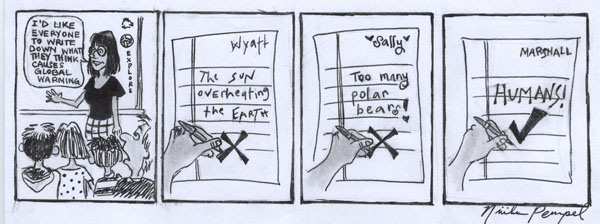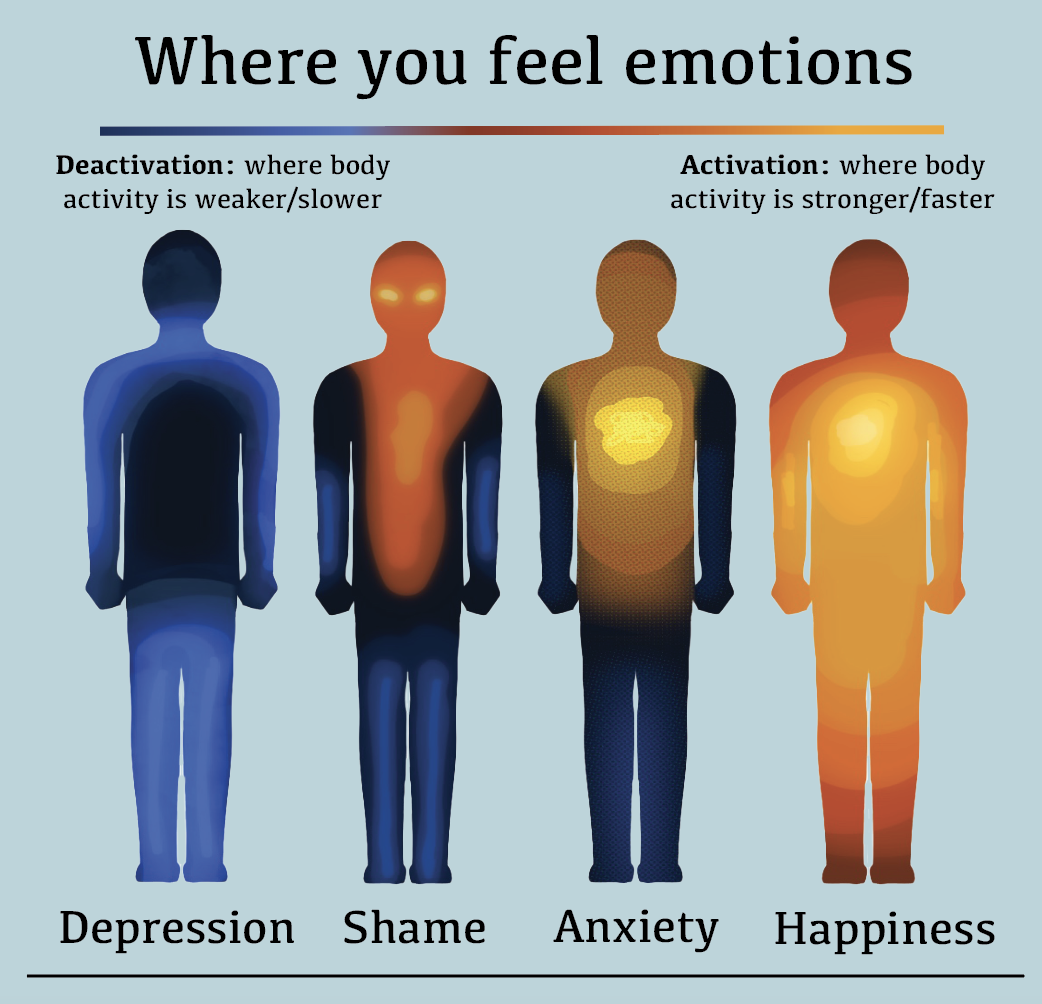It’s a common perception that the debate over global warming is fiercely raging. Ideologues clash on the evening news over the polar ice caps, various emissions-curbing schemes and the credibility of the Intergovernmental Panel on Climate Change (IPCC). It’s easy to feel caught in the middle.
In reality, the debate is over. According to Donald Prothero, a professor at the California Institute of Technology, 97 percent of scientists currently believe that human-driven global temperature rise is real, that there are virtually no dissenters of any credibility and that every possible alternative to human-caused climate change has been disproven.
Rightfully so, the vast majority of the scientific community is more focused on how to address the problem of global warming, not whether or not there is a problem at all. But you may ask “what about this winter?” It’s a legitimate question, but one that confuses the difference between weather and climate.
Weather occurs on the seasonal or yearly scale, like the harsh winter we’ve had. Climate changes occur over decades or centuries, and along with them come fluctuations in weather like this winter.
While this broad consensus is not often reflected in the “real world,” it is thankfully slightly different at Glenbrook South. A recent Oracle survey revealed that around 72 percent of South students believe that global warming is real and human-caused. This is slightly higher than the “real world” statistic of 63 percent, according to a recent Yale survey.
Even though South students mostly recognize the reality of global warming, it’s not all well and good. While most students believe in the reality of global warming, according to this same survey, about 20 percent of students also recognized that the predominant attitude at South is one of indifference. While we recognize it to be a real thing, most of us don’t do much about it.
And why should we? Apart from an extremely harsh winter that I’m not sure we’re done with, the effects of global warming have not impacted Glenview in a major, noticeable way. But believe me: you should care.
Global warming is already impacting communities worldwide. According to Alex Mifflin of the Huffington Post, the South Asian nation of Bangladesh is already experiencing rising sea levels and contamination from salt water. Some islands have even been covered by water, and around 30 million people are expected to be displaced.
According to a recent study by the United Nations, extreme weather from global warming has hurt global food production and made it more difficult for developing countries to maintain their agriculture.
If the plight of farmers in Bangladesh wasn’t enough to convince you to care about global warming, maybe this will: the UN also reported that extreme weather and climactic changes are likely to harm global coffee supplies, driving up prices and making it harder for you to get your morning Starbucks fix. Devastating.
What we can do, though, is start a conversation. Policies made at the local, state and federal level are, at their most basic level, shaped by public demand.
So write a letter to our Congressmen Dick Durbin and Mark Kirk, demanding an honest debate in the legislature over environmental sustainability, cap-and-trade or a carbon tax.
And when you get to college, join the growing student movements calling for divestment, where universities reinvest their substantial endowments and donations in renewable energy instead of coal or other fossil fuels.
Both of these are large-scale, policy-level changes that actually have a chance to influence the way we as a society are affecting the environment. If enough of us can change how much we care, more people outside the South community can too. And that’s when change really happens.









